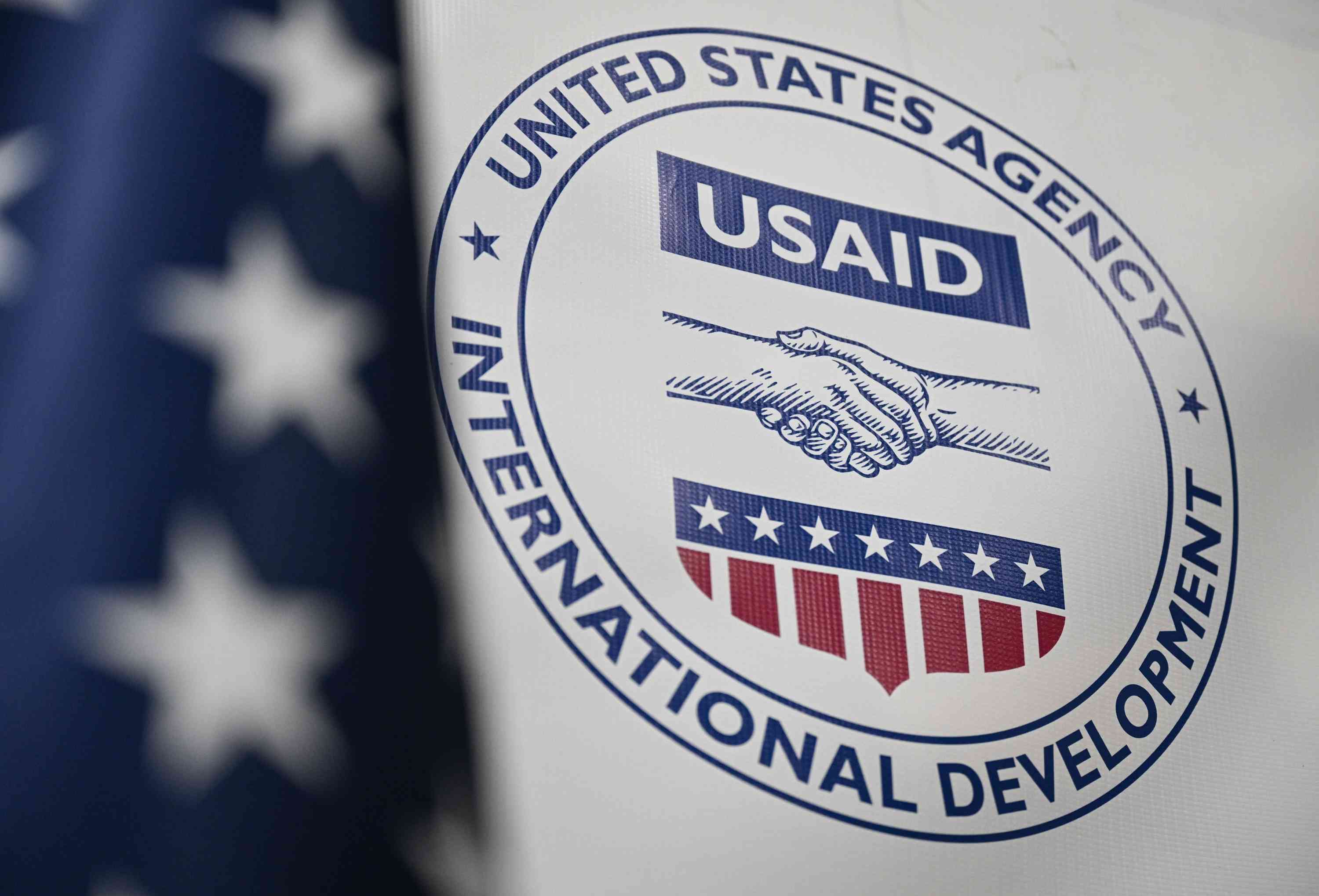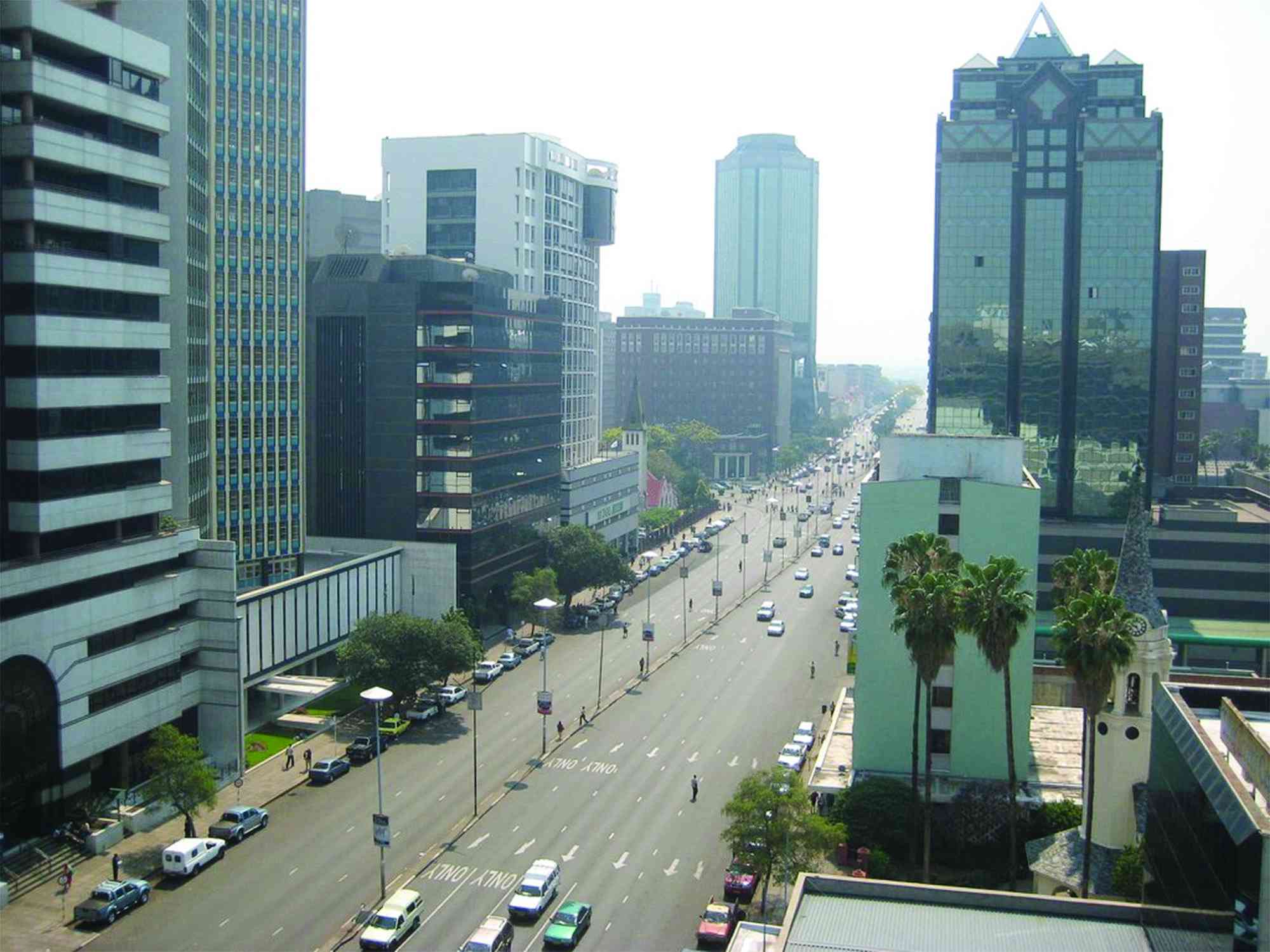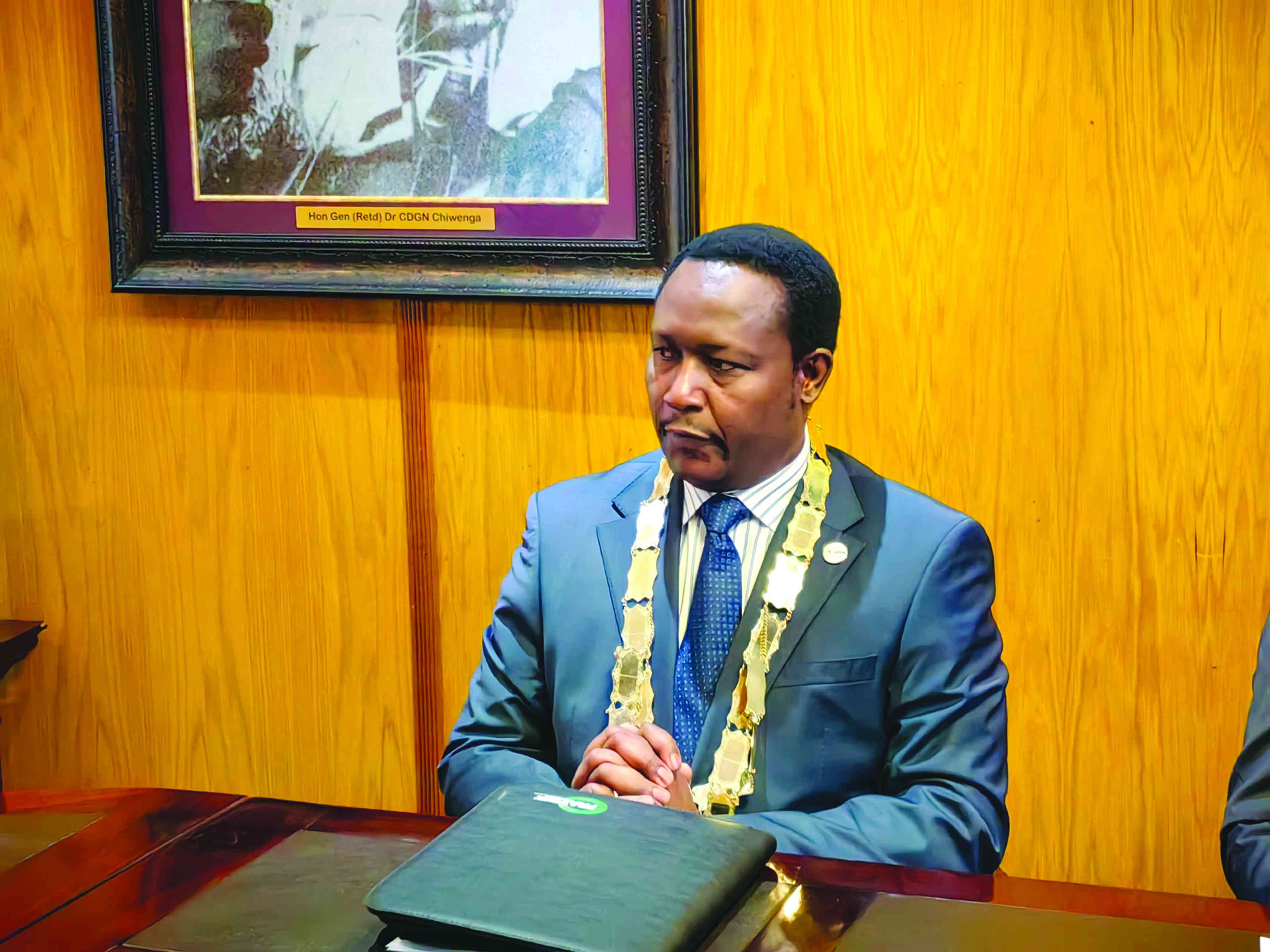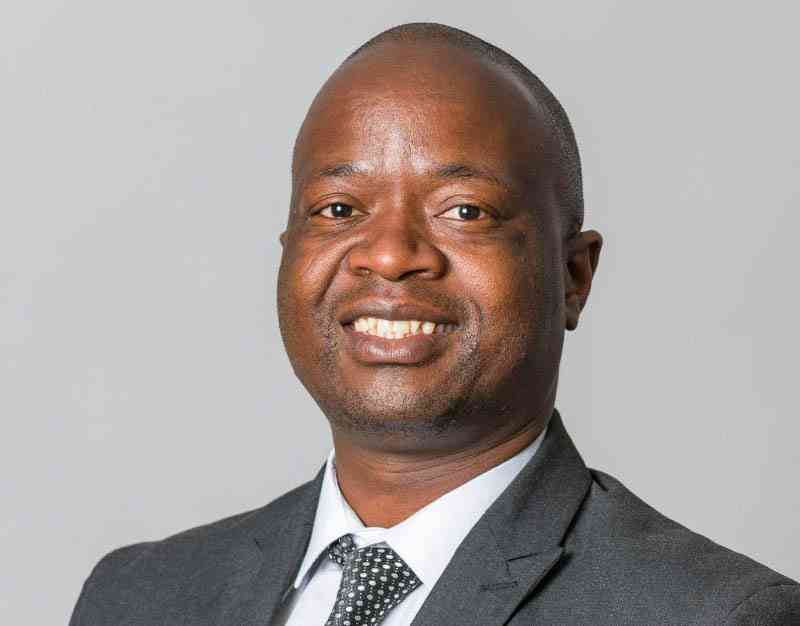
A US$522 million reduction in United States aid to Zimbabwe has sparked calls for government to improve the management of domestic health revenue generated through taxation to mitigate the impact of reduced foreign support.
The cut follows an announcement by US Secretary of State Marco Rubio that the world’s wealthiest nation is discontinuing funding for 5 200 projects worldwide, previously supported through the US Aid for International Development (USAid).
This move, a key element of US President Donald Trump’s foreign policy, will see Washington withdrawing US$522 million earmarked for Harare, the bulk of which was allocated to the health sector.
Community Working Group on Health director Itai Rusike told the Zimbabwe Independent that the loss of funding would create a significant financial gap, urging authorities to ensure efficient utilisation and management of health funds.
Rusike’s remarks come as the Zimbabwe Association of Doctors for Human Rights has challenged the government to account for revenue collected through the sugar tax introduced last year.
Finance minister Mthuli Ncube introduced the levy to strengthen public hospitals in their fight against rising cancer cases.
“Given the very significant role that USAid has been playing in the past, not just in the health sector, but also in the social sectors, it will leave a huge financing gap the Government of Zimbabwe would have to fill,” Rusike said.
“It, therefore, calls for the Ministry of Finance to ring-fence the sugar tax, airtime tax and Aids levy towards health.
- HCC considers cancelling ZimPhos contract
- Zim hit by grain shortage
- Masvingo teen stars in human wildlife ‘Konflict’ film
- Artisanal miners bear brunt of TB infections
Keep Reading
“Maybe, what this is pointing to is the need for a well-defined and well-crafted National Health Insurance Scheme.
“The timing of the funding withdrawal is particularly concerning, given Zimbabwe's current economic constraints and competing priorities. Without immediate action to mobilise replacement funds, the consequences could be dire.”
Some of the projects, which were supported by the US and have since been disbanded, include malaria prevention, maternal and child health and tuberculosis assistance programmes. These programmes provided technical, financial, and material support to HIV programmes, including wages for critical health workers.
“Communities that rely on critical services supported by US aid may face severe disruptions, potentially reversing hard-won progress in public health, including the ambitious ‘95-95-95’ targets for HIV,” Rusike said.
Cumulatively, these programmes received hundreds of millions of dollars from USAid annually.
In light of these challenges, Rusike called on health stakeholders, including private sector players, to urgently convene a national indaba.
“We need to have a quick national indaba with all the stakeholders in the health sector, including the private sector, to draw up the Zimbabwe Sustainability and Transition Roadmap,” he said.
Apart from health, the US has also suspended funding towards civil society organisations in Zimbabwe.











